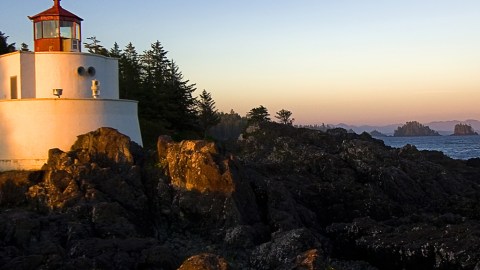THE WAY (the movie)

This serious and thoughtful—and maybe great—film is quite the labor of love. It’s a film about broken families and broken lives made by the father-and-son team of Martin Sheen and Emilio Estevez. The way is the Christian pilgrimage of walking the Camino de Santiago or the Way of St. James to the Cathedral of Santiago de Compostela in Galacia, Spain. The long and tough walk begins in the French Pyrenees, covers hundreds of miles, and usually takes a month or more. It’s one of the oldest of the Christian pilgrimages.
The film seems to have some obvious deficiencies, beginning with rather thin dialogue and underdeveloped characters. But the real deficiencies might be mine. I’m still thinking about it.
For now, I’m just offering some random observations.
Even today, the film emphasizes, it’s quite common and highly appropriate that the pilgrimage be made alone.
Today, however, few seem to make it in search of God. In post-Christian Europe, few who make it are believers. The pilgrims we see are nonetheless searchers in some sense. They’re dissatisfied with living freely in the midst of prosperity. They’re not poor; they’re journey is funded by credit cards, and they can readily take advantage of all the creature comforts available along the way. But their lives are impoverished nonetheless; they’re angry and lonely and deprived in some way of personal love. They’re evidence against the proposition that if you give people comfort and security they won’t need religion—or a deeply personal, spiritual, and searching dimension to their existence—anymore. The film can be taken to support the proposition that even ordinary, affluent people these days still have souls.
The American—the Sheen character—is angry and despondent over the accidental death of his young son early on his walk along the Camino de Santiago. He decides to take the journey himself. He was, in his pride and complacency, estranged from the life of his only son. The son—played by Estevez–wants to see places for himself, and, because his is no ordinary life, he’s positioned to drop everything to be a searcher. He tells his dad that a life is not chosen, but lived. A corny line, to be sure: Still, it’s adeptly directed against the conceit that life is nothing but a menu of choice.
The son–a man in pursuit of a PhD out of genuine intellectual curiosity—decides to drop his pursuit of that credential in order really to wonder. He spends his life wandering—without even a cell phone (his dad complains he’s the only person left in the world without one)—in search of we don’t know what. But we do know he dies early on “the way.” His dad’s journey is to come to know his son in death as he did not know him in life. The film ends with the dad—a successful “eye doctor”—leaving everything behind to wander the world alone to come to see for himself.
The dad is a lapsed Catholic (like some Walker Percy character): He says time and again he’s not much of a religious man. He refuses to pray with a priest when he hears about his son’s death. But a priest on the way does give him a rosary, and he admits later he puts it to good use. He does make the sign of the cross at the Mass for Pilgrims at the end of the way. But he also follows the advice of a gypsy father to go beyond the cathedral to the sea to do his full duty to his son, and the gypsy says that religion has nothing to do with what he owes his son.
The wisdom of the gypsy patriarch—Ishmael—is of the sacredness of family and tribe, bonds that have been promiscuously violated and broken in our individualistic time. It’s not that those bonds oppose religion, necessarily, but they’re not to be displaced by it either. Ishmael says, as a matter of fact, that he has 2000 close friends.
There’s a lot more, which I will save for another post.





